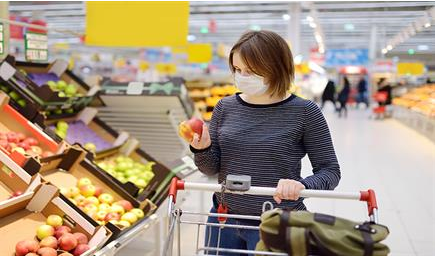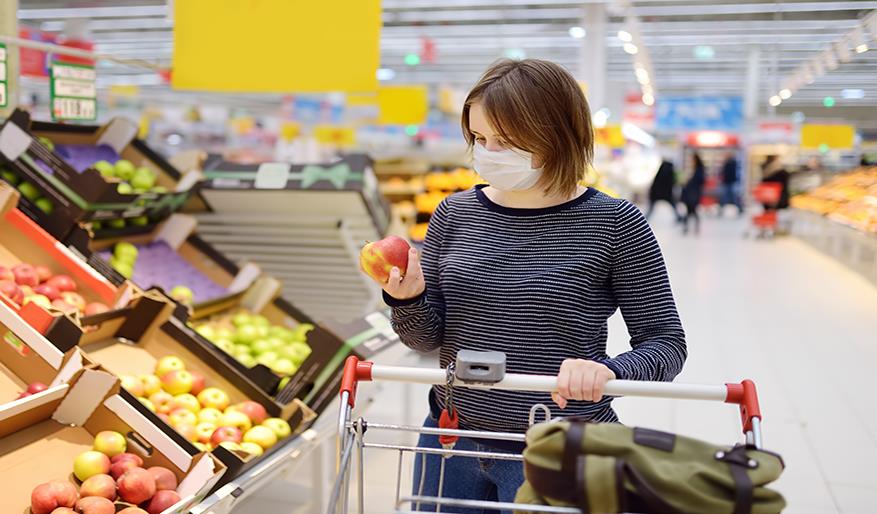Our Doctors
Meet all the doctors from Cleveland Clinic Abu Dhabi.
View Doctors
Face Masks: Why and How to Wear Them

There has been some confusion over the use of face masks since the coronavirus pandemic first began, but some governments, including in the UAE, have now confirmed that they must be worn by everyone when outside the home. Initially considered necessary only for those at high risk, several countries now advise that everyone must wear face masks in public in response to new evidence.
New research suggests the virus is likely to be spread by those who have the disease but aren’t yet showing symptoms (said to be pre-symptomatic) or by those who have the virus but don’t show any symptoms (asymptomatic). In both these cases, people may be spreading the virus without even realising they have it due to a lack of symptoms.
Evidence suggests that even the most basic covering will offer some protection, and that masks should be worn in addition to adhering to existing precautionary measures, like hand washing and physical distancing.
Why wear face masks?
As the COVID-19 pandemic continues, more and more is being understood about the virus and how it works. The latest research shows that masks are, in fact, effective at preventing the spread of germs when someone coughs, sneezes or talks.
We know that COVID-19 spreads easily between people; if an infected person coughs or sneezes, the virus can be carried via respiratory droplets for up to 1.5 meters. Infected particles can also land on nearby surfaces. If these particles then come into contact with someone’s mouth, eyes or nose, either via the air or by landing on a surface that someone else may touch, the virus spreads.
A mask will offer protection by acting as an extra layer of protection from someone carrying the virus; when they cough or sneeze, they are putting a physical barrier between themselves and others. Anyone with COVID-19 should be self-isolating, but as we now know, many people may be asymptomatic or pre-symptomatic, and not know that they are infected. So, if everyone is wearing a mask, we are protecting each other.
Face masks may also help to reinforce other guidelines that have been put in place to stop the spread of coronavirus. If we do have to go out, seeing others in face masks is likely to remind us to adhere to physical distancing and also prevent us from touching our faces, both of which will help to slow the spread of the virus.
How to wear a face mask
So, what is the best type of face mask to be wearing? If possible, purchase medical masks from your local pharmacy, many of which now deliver. If you don’t have access to a 3 ply medical mask, it’s advised tocover the mouth and nose with paper masks, or make one at home from cotton.
When wearing a face mask, the World Health Organisation recommends following these steps:
Wearing a mask will be new to many of us and may take some getting used to, but try to avoid touching it. If it needs adjusting, always wash your hands before and after.
Reusable masks should be washed after every use. Wash with hot soapy water, and dry them using high heat. Throw away any damaged masks.
By wearing a mask whenever we leave the house, we are acting as the first line of defense against coronavirus. We are protecting others and others are protecting us. When used in combination with frequent hand washing and physical distancing, we are doing our part to stop the spread of the virus.